Journal #1 - Looking Around
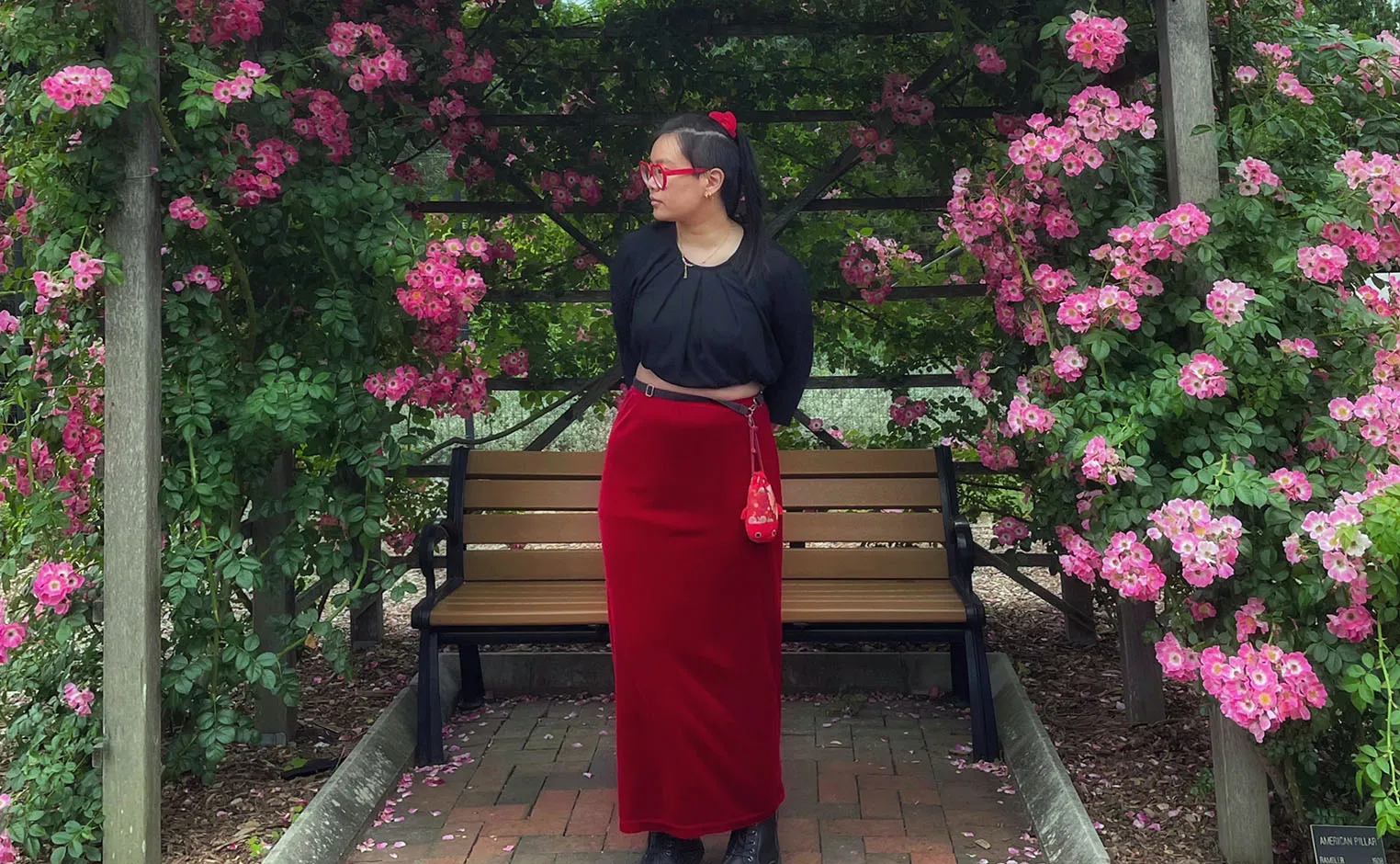
Photo credit: Chris Stone '23 (Vietnam -virtual, SIT, summer 2021)
Howdy folx!
This Sunday we had an orientation to kick off our program! I met the other students in our cohort and learned about the other projects that they’ll be working on, such as working on issues of climate change or anthropological research. We also discussed the unique circumstances of our program including both an academic course and an internship program. It reminded me a lot of the structure of Real Internships for Community Engagement, which as I mentioned in my last blog, I helped conduct last summer. During RICE, we also matched students with worksites and then led workshops on Fridays—albeit our workshops were three hours long rather than one hour long. It’s interesting being on the other side of the coin! From teacher to student, even though it’s usually the other way around!
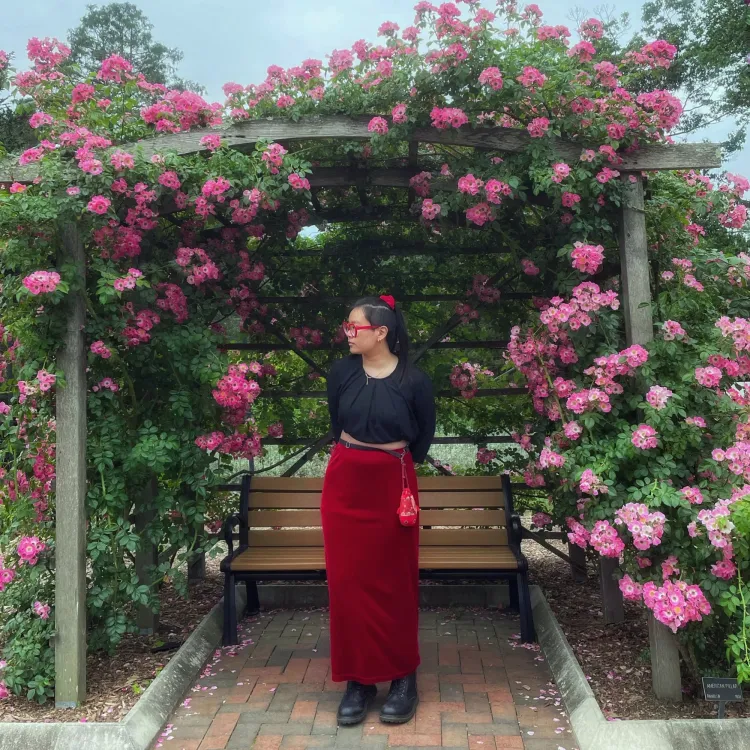
The weekend before orientation, I went to a rose garden in South Jersey with my mom. Photo credit: Chris Stone '23 (Vietnam-virtual, SIT summer 2021)
This first week has been a transition period, so we were assigned to read some portions of The Successful Internship by Sweitzer and King to help us get situated in what an internship is, as some students are more experienced than others. The first chapter presented some concepts we touched on during the Lang Center Social Impact Summer Scholarship, particularly Civic Development and Engagement to express and actively practice investment into the community. This shared context is important as it helps reassure students early on that some of their concerns and anxieties are not happening in a vacuum. I have been sitting a lot with the concept of “Paralysis by Analysis” where I know I tend to overthink, and then sometimes hold back from pursuing initiatives I’m interested in because I’m afraid that I haven’t analyzed enough to prevent failure. In the end, taking action can actually be what helps ease some of those anxieties, because it helps break down a better sense of what is actually possible, which sometimes includes the unexpected!
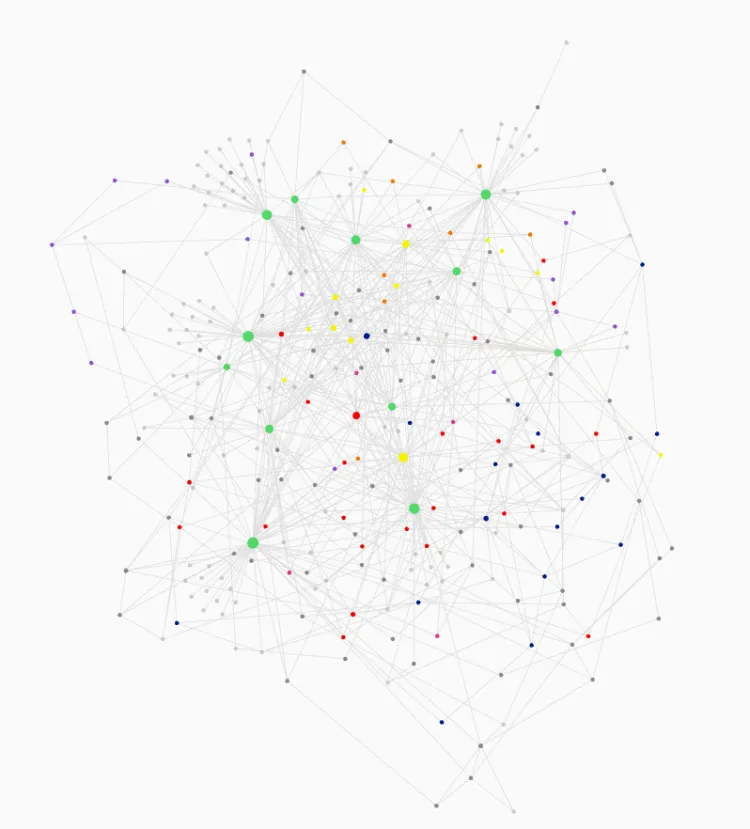
I spent time this past week reflecting on my past work experiences and the ways that they’re connected. Lo and behold, two big observations I’ve made are that I’ve been remote for every experience since 2018 and most of my experiences have been connected to Swarthmore. Photo credit: Chris Stone '23 (Vietnam-virtual, SIT, summer 2021)
Another practice that was emphasized was reflection. At the time of writing this, I have been writing daily journal entries based on 15/5s which we used during the President’s Sustainability Research Fellowship to report our progress weekly. I have been using these shorter daily journal entries as a reference for these longer weekly blog posts. This week, I also attended a series of Digital Humanities workshops as a part of the UPenn Dream Lab: Digital Humanities Training Institute and Digital Humanities Summer Institute. During the Keynote by Prof. Marisa Parham, she described her studies around memory as centered around, “How do we know what we know, and how does that impact how we hold ourselves?” For example, how does what I have learned in my classes so far impact how I approach conducting meetings or engaging in research? Checking in with myself helps me situate how I’m feeling and my needs, which often get suppressed in the momentum of the day-to-day leading to burnout. Since this work is important to me in playing a role in a community I care about and continuing the work of those before me, I need to also pay attention to my own wellness and engage with my support systems so that we can sustain together.
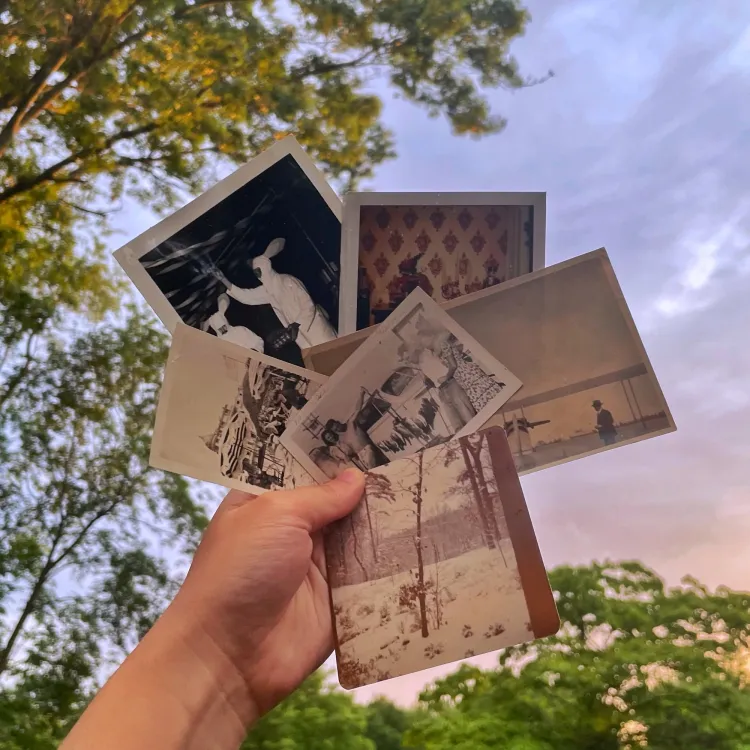
I received this collection of photos from an internet friend who has cabinets full of these, it felt like holding a tiny time capsule. Photo credit: Chris Stone '23 (Vietnam-virtual, SIT, summer 2021)
I learned about working with databases using tools like Open Refine and Palladio as well as 3D visualization using Plotly and Paraview. It was exciting to see how my experiences exploring personal knowledge management in Obsidian.md, alternative archives from my research with Prof. Di Chiro, and experimentation for engineering design (ENGR 014) come together in Digital Humanities work. I find that the dialogues happening right now in the Digital Humanities are pushing academics to consider the dynamics between respecting personal narratives and reporting data for research—as much of the process of “tidying data” through increasingly algorithmically determined means in-between often goes undiscussed, obfuscating potential harms.
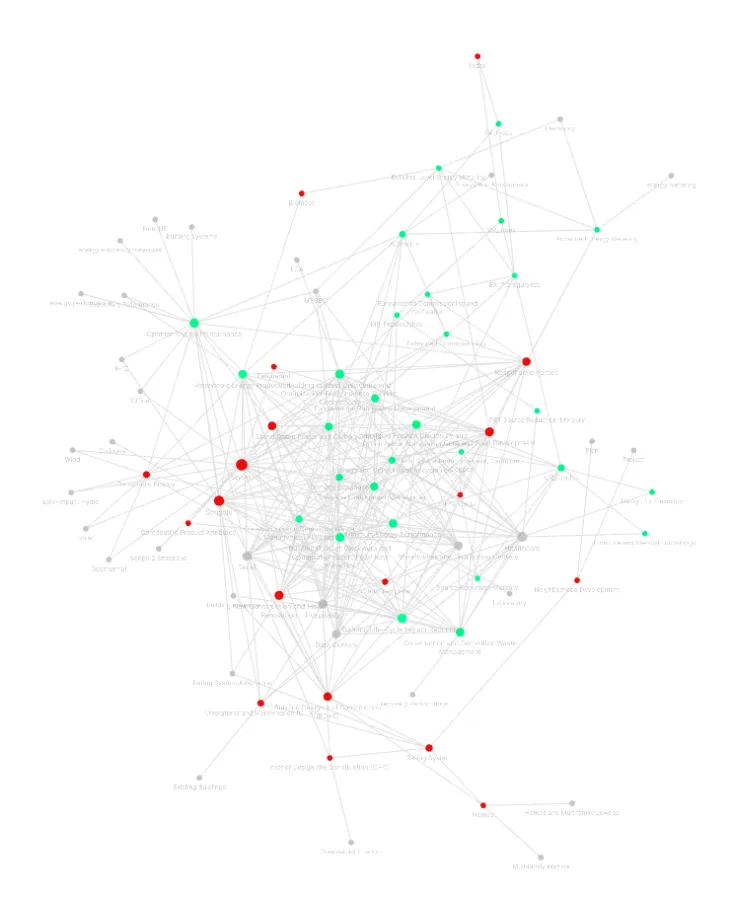
I’ve also made a lot of progress on my PKM system incorporating spaced-based repetition (SRS) for studying for the LEED Green Associates Exam using Obsidian.md. Photo credit: Chris Stone '23 (Vietnam-virtual, SIT, summer 2021)
Currently, my internship mentor is interested in having me explore “gamification” for LGBT+ education. While the field of research related to this is still very much only emerging, I’ve definitely found myself interfacing with this research in the Digital Humanities field, especially when it comes to understanding what makes up digital spaces and infrastructure. With COVID-19 restrictions being significantly more severe especially around Ho Chi Minh City where ICS Vietnam is based, education framed around digital preservation and accessibility of educational materials across generations is salient for their use case. It was an unexpected turn of events to hear that this is something that I’d get to work on, so I’m super excited to see this development ensue.
Next week, I’ll get to check back in with my mentor about my research into gamification so far, as well as have our first class lecture and discussion. Talk to you later!



